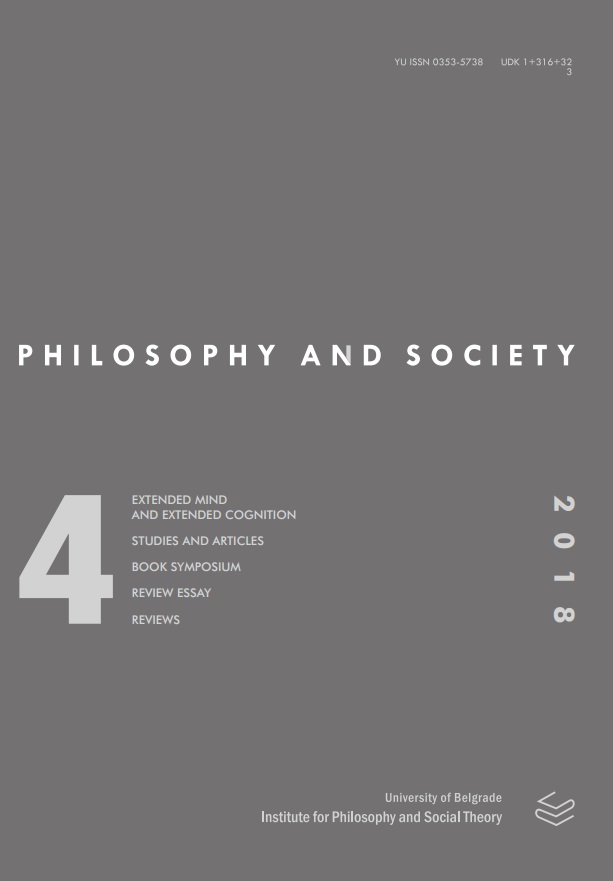Subjective Universality of Great Novelists as an Artistic Measure of History’s Advance towards Actualising Kant’s Vision of Freedom
Subjective Universality of Great Novelists as an Artistic Measure of History’s Advance towards Actualising Kant’s Vision of Freedom
Author(s): Bojan KovačevićSubject(s): Political Philosophy, Social Philosophy, German Idealism
Published by: Institut za filozofiju i društvenu teoriju
Keywords: Kant; novel; freedom; peace; Tolstoy; genius; science; progress; history
Summary/Abstract: The main idea behind this article is that in order to understand the meaning that Kant’s political philosophy is rendered to by the given socio-historical context of a community we need to turn for help to artistic genius whose subjective “I” holds a general feeling of the world and life. It is in this sense that authors of great novels can help us in two ways. First, their works summarise for our imagination artistic truth about man’s capacity for humanity, the very thing that Kant considers to be the scientifically improvable “fact of reason”. Second, works of great writers offer for our insight destinies of individuals who decide to pursue moral dictate in a society, thus actualising the potential that lies hidden in all of us, making us worthy of respect. As we lack objective scientific standard of measurement, artist’s universal feeling of the world is impressed upon us through a narrative about a man who, in a given society and in a given moment, decides to exercise his autonomy and seek the divine in himself. Contemporary social scientists’ attempts to prove historical progress is characterised by the very lack of humbleness. Referring to the great novelists’ works in this article is aimed to remind scientists of restraint and self-control demanded from them by the citizen of Konigsberg.
Journal: Filozofija i društvo
- Issue Year: 29/2018
- Issue No: 4
- Page Range: 567-585
- Page Count: 19
- Language: English

